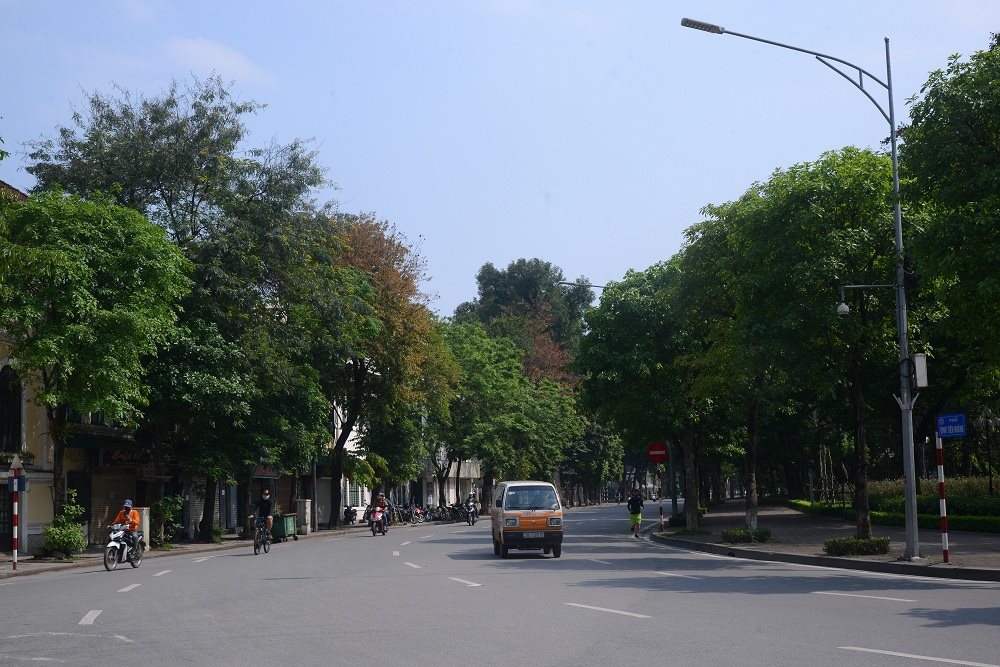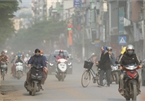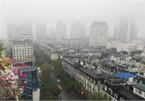Dr Do Nam Thang from the Australian National University believes that now is the time to prioritize the application of strategies by amending the Law on Environmental Protection to be submitted to the National Assembly for ratification by the end of 2020.

“If Vietnam can set up regulations carefully and thoroughly, it will be able to settle its problem of air pollution,” Thang said.
The expert has suggested long-term solutions.
First, improving urban development planning. There are many multi-story buildings in high density areas in Hanoi and HCM City. The cities need more greenery and airy spaces.
| Agencies have defined short-term solutions to partially settle air pollution, but Vietnam needs national long-term strategies, experts say. |
The municipal authorities should think of relocating crowded complexes, such as government agencies, universities and hospitals, to the suburbs.
The relocation of industrial production complexes such as Rang Dong Light Source and Vacuum Flask factory will help ease dangerous air pollutants.
Second, it’s necessary to improve the public transport system and set up new systems. The setting up of the regulations on green construction works and electricity feed-in-tariffs (FIT) prices will encourage buildings use energy effectively or use solar energy.
Vietnam now has 3.6 million cars and 58 million motorbikes, mostly in large cities. These include old vehicles which have low emission control technologies. Vehicles cause traffic jams every day and emit huge volumes of pollutants.
Vietnam can create policies to encourage green vehicles. For example, it can try to reduce outdated polluting vehicles by subsidizing used car buying/selling facilities. The money for the subsidization could be from the imposition of higher taxes on new vehicle purchases.
This method can lift concern about the distribution effects, because the owners of used vehicles are mostly low-income families.
The government can also set up a policy on encouraging the use of electric vehicles by reducing the income tax on electric vehicles to make the products’ prices more reasonable.
Carbon valuation, or making polluters pay through carbon credits, will also help reduce the production and consumption of carbon-derived products, thus accelerating low-carbon economies, including the circular economy.
At the same time, Vietnam needs to switch to using renewable energy. Wind and solar power policies, including the FIT and reverse auction mechanism, will help maintain Vietnam’s recent solar power boom.
Finally, the reform in fossil fuel subsidy scheme will help reduce the use of dirty fuel and save annual allowances by up to $612 million, equivalent to 0.3 percent of Vietnam's GDP, according to the International Energy Agency (IEA).
Chi Mai

Hanoi air pollution remains bad
Air pollution in Hanoi is still bad despite social distancing regulations.

More automatic air quality monitoring stations to be built nationwide
The Ministry of Natural Resources and Environment (MoNRE) held a teleconference on March 23 to discuss a project on forming a network of air quality monitoring stations in Vietnam.
 Agencies have defined short-term solutions to partially settle air pollution, but Vietnam needs national long-term strategies, experts say." itemprop="description" />
Agencies have defined short-term solutions to partially settle air pollution, but Vietnam needs national long-term strategies, experts say." itemprop="description" />